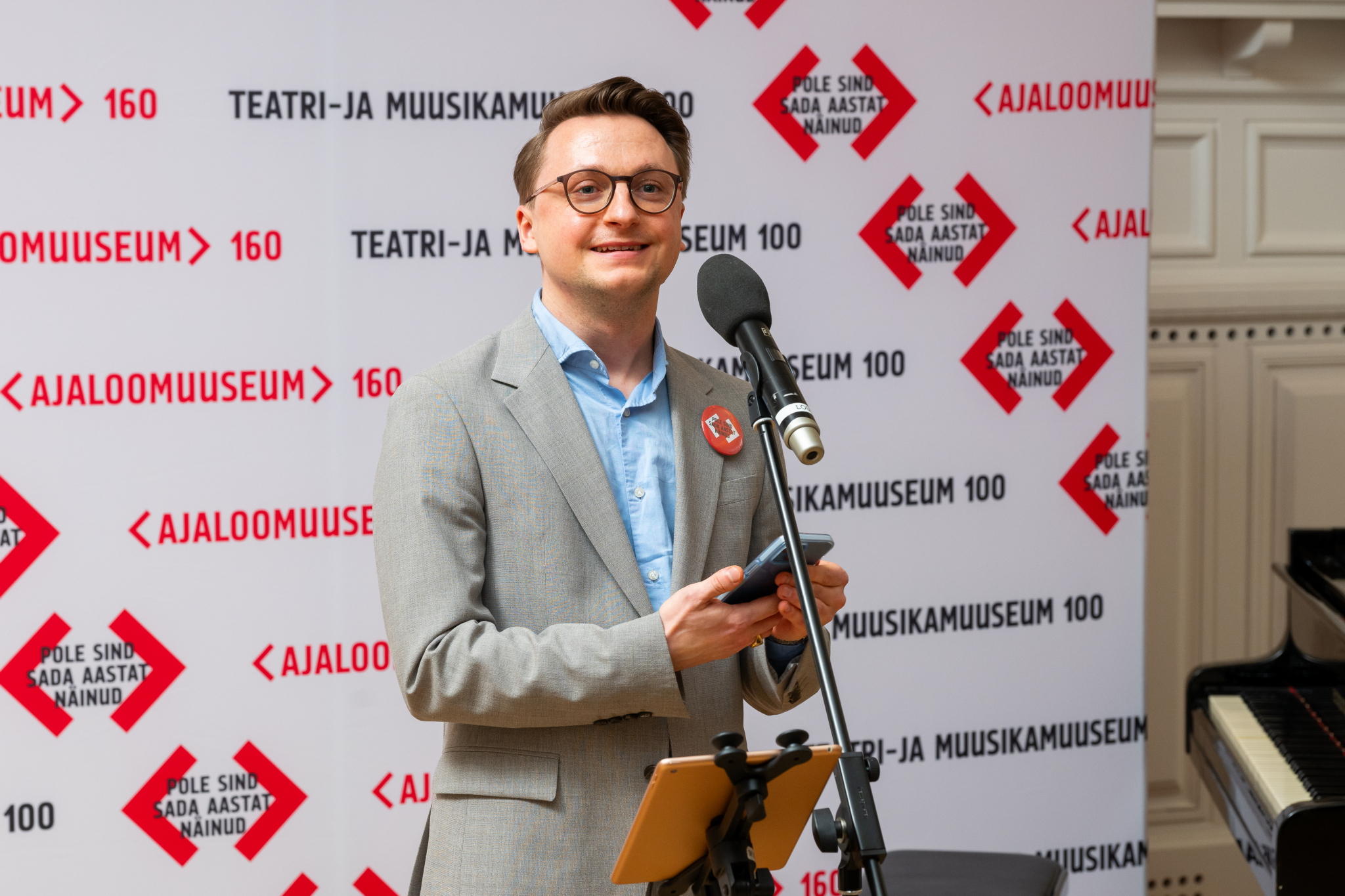Research Spotlight on Timo Aava
Timo Aava is a historian of modern Europe with a focus on political thought and minority rights. Currently, he holds the position of Juris Padegs Postdoctoral Associate in Baltic Studies at Yale. Dr. Aava earned his doctoral degree from the University of Vienna, where his dissertation recently received the Grete Mostny Dissertation Prize. In this brief interview, Dr. Aava discusses his book project, which examines the intellectual and political history of minority rights in Europe during the first half of the twentieth century, with a particular emphasis on the theory and practice of minority autonomy in Estonia, as well as his experiences at Yale.
If you’re interested in Dr. Aava's research, please join his upcoming talk, “From Vienna to Tallinn: Theorizing and Protecting the Rights of Nationalities in Estonia in the First Half of the 20th Century,” on November 13th at 4 PM in Room 203, Luce Hall.
What was your pathway to visiting Yale?
I did my doctoral studies in Austria and for a long time was hoping to spend a longer period in
the USA as a researcher. Unfortunately, a large part of my doctoral studies occurred during the
global pandemic, severely hindering such exchange. However, when I saw the new call for
applications for the Baltic Studies post-doctoral associate position here at Yale MacMillan
Center, then I applied and was delighted to be selected. I believe that the Baltic Studies
program here at Yale is an amazing opportunity to foster scholarly exchange between scholars
from and working on the Baltic states.
What will you be working on when you are at Yale?
I will be mainly working on my book manuscript dedicated to the intellectual and political
history of minority rights in Estonia in the first half of the twentieth century. The book looks at
the intellectual exchange between the Habsburg and Romanov empires and negotiating the
new rights regime in Estonia during the interwar period. With my book, I aim to give a new
insight into how collective rights have been historically conceptualized and practiced.
How will you be working with Yale students?
While I will not teach during my appointment here at Yale, I enjoy exchanging with students
and learning about their projects at numerous events taking place on campus.
How will you be working with Yale researchers?
It is truly inspiring that the university brings together such a diverse selection of researchers.
For me, it is particularly stimulating to engage with other researchers here at Yale to discuss our
research projects, and every such chat, in one way or another, helps me further with my own
work.
What are you most looking forward to doing or visiting when at Yale?
I am mostly enjoying the lively campus culture and the fact that almost every day, there is such
a wide array of inspiring workshops and talks. I will also benefit from the amazing selection of
resources that Yale offers, such as primary sources and literature available at the library, as well
as numerous career-supporting workshops.
